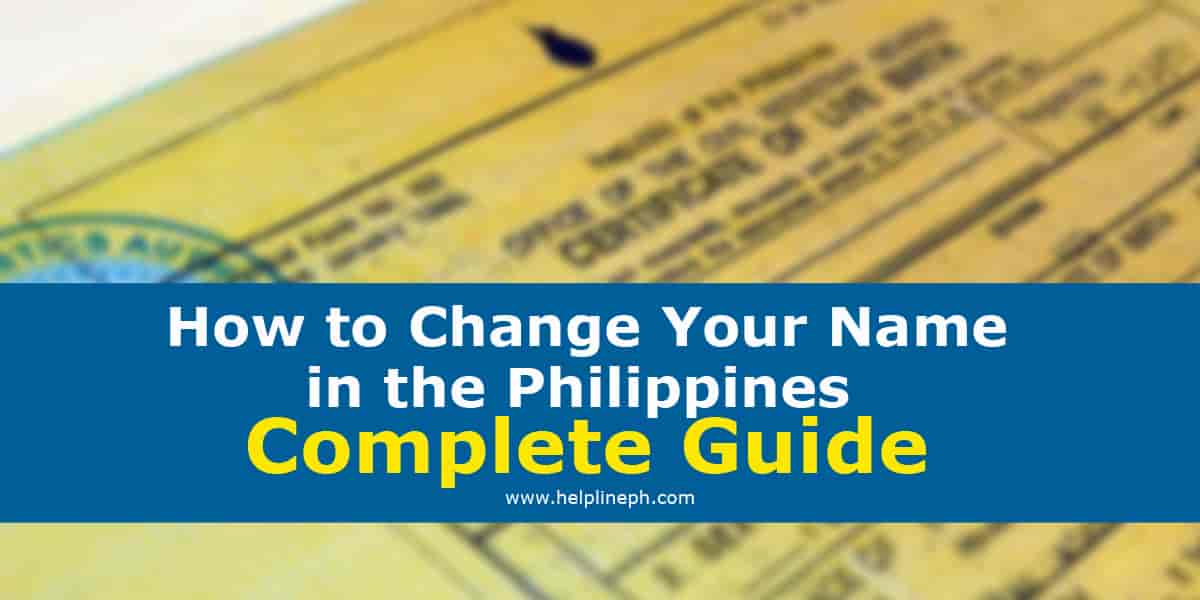What would it be like to have no name? Having no name can be a disaster. Thank God almost everyone was given a name. Unfortunately, some people were given the wrong name or a name that sounds so ridiculous.
Can you imagine yourself having the name of “NONAME”? As ridiculous as it may sound this case happened to someone. The child was using the name “NONAME” until she became an adult. This happened when her father told the medical staff that he cannot think of any name for her until the “NONAME” indicated in the birth certificate was mistakenly registered. Her name was not changed because of the tedious process they had to go through to change her name.
Fortunately, Republic Act # 9048 came to life. It states that Republic Act (RA) 9048 authorizes the city or municipal civil registrar or the consul general to correct a clerical or typographical error in an entry and/or change the first name or nickname in the civil register without need of a judicial order.
RA 9048 amends Articles 376 and 412 of the Civil Code of the Philippines, which prohibit the change of name or surname of a person, or any correction or change of entry in a civil register without a judicial order.
Required Documents for the Change of the First Name:
An affidavit that indicates the reason for the change of the first name
Birth certificate
Baptismal certificate
Police clearance
NBI clearance
Documents that contain the first name of the petitioner such as employment records or medical records.
Proof of Publication. An affidavit of publication from the publisher and copy of the newspaper clippings should be attached.
Certified machine copy of the Official Receipt of the filing fee
Notice and Certificate of Posting
Rules in Changing the First Name
- The applicant must be at least 18 years old.
- The petitioner finds the first name or nickname to be ridiculous, tainted with dishonor or extremely difficult to write or pronounce;
- The new first name or nickname has been habitually and continuously used by the petitioner and he has been publicly known by that first name or nickname in the community; or,
- The change will avoid confusion.
You may file your petition in LCRO or Local Civil Registry Office of the municipality or city where you were born. If you are living in the other parts of the Philippines you may still file in your petition at your present LCRO as a migrant petitioner. If you are living outside the Philippines you may file your petition at Philippine Consulate Directory. The migrant petitioner will have to pay more than the usual fee.
The usual charge for change name/nickname is around Php 3,000. Fee for changing of surnames is more expensive because it has to take place in a court.
Only the direct relatives or guardian or the person himself will only be considered as a qualified applicant for the change of name.
Change of the Last Name
Change of Surname or Last name is more complex because it has to be done in a court. The court will set the date and hearing and anyone can attend especially those who oppose your plan of changing your Last name.
Requirements for the Changing of the Last Name
If the Applicant is already 18 years old and above, he/she needs to secure the following to change his/her surname:
Birth certificate
Baptismal certificate
Police clearance
NBI clearance
School records or employment certificate and other valid forms of identification – Karie | Helpline PH






